Car Prices Could Surge as Tariffs Loom Over Global Auto Industry
November 28, 2024 at 3:45 PM
3 minutes read
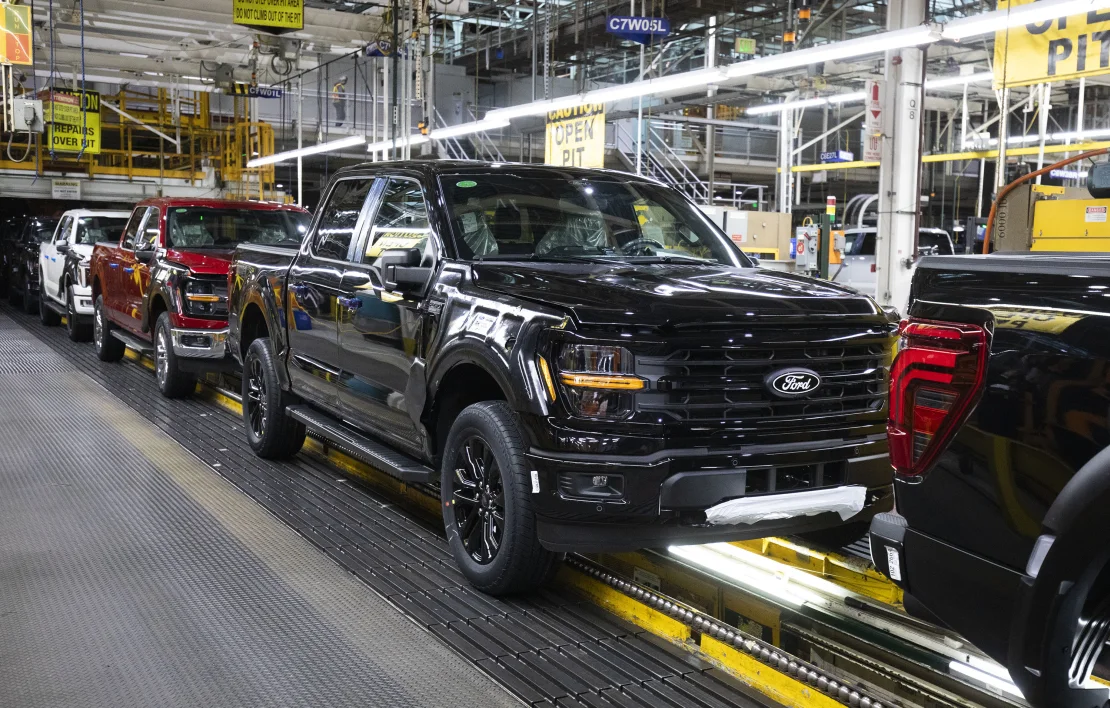
The Ford F-150 pickup on the assembly line at Ford's plant in Dearborn, Michigan. While the truck is assembled at US factories, less than half of its parts are American made." Bill Pugliano/Getty Images
New Tariffs Threaten to Impact Global Auto Markets
The global auto industry is bracing for potential disruptions as tariffs on imported vehicles and parts could significantly drive up car prices. The proposed measures, aimed at supporting domestic manufacturing, are expected to affect prices across both new and used car markets, hitting consumers’ wallets hard.
Tariffs and Domestic Manufacturing
The Biden administration's proposed tariffs are designed to incentivize local production and reduce reliance on imports from countries like China, Mexico, and Germany. However, automakers warn that such policies could lead to increased costs, which will likely be passed on to consumers.
Car Prices Already Under Pressure
The auto market has been grappling with elevated prices due to lingering supply chain disruptions and high demand following the pandemic. Analysts predict that tariffs could further inflate costs, adding as much as $5,000 to $10,000 to the price of certain vehicles.
Consumer Concerns
For consumers, the timing couldn’t be worse. Rising interest rates have already made financing vehicles more expensive, and higher sticker prices could push new cars out of reach for many buyers. Used car prices, which have remained high, are also expected to climb further.
Industry Reaction
Automakers and trade groups are urging the administration to reconsider the broad scope of the tariffs, warning of unintended consequences. A spokesperson for a major auto manufacturer commented, “While we support strengthening domestic production, these tariffs risk destabilizing an already fragile market.”
Broader Economic Impact
Economists are also concerned about the ripple effects on jobs and consumer spending. Higher car prices could deter purchases, impacting dealership revenues and potentially leading to job losses across the sector.
Looking Ahead
The administration is expected to finalize its decision on the tariffs in the coming months. Until then, both industry leaders and consumers will be watching closely, bracing for a potential shift in the auto market landscape.
Up next
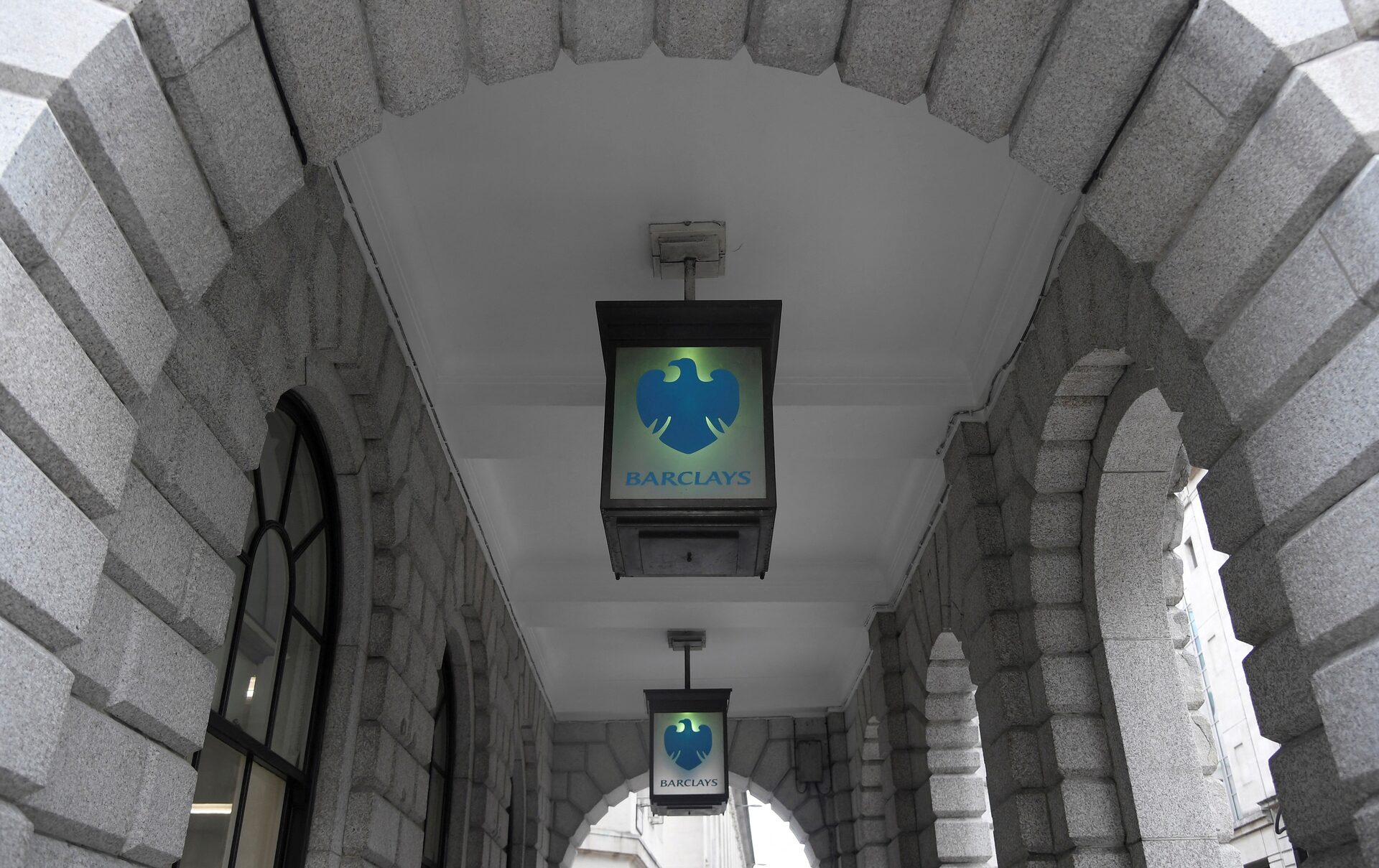
Barclays Reshuffles APAC Investment Banking Leadership to Boost Regional Presence
July 3, 2025
3 minutes read


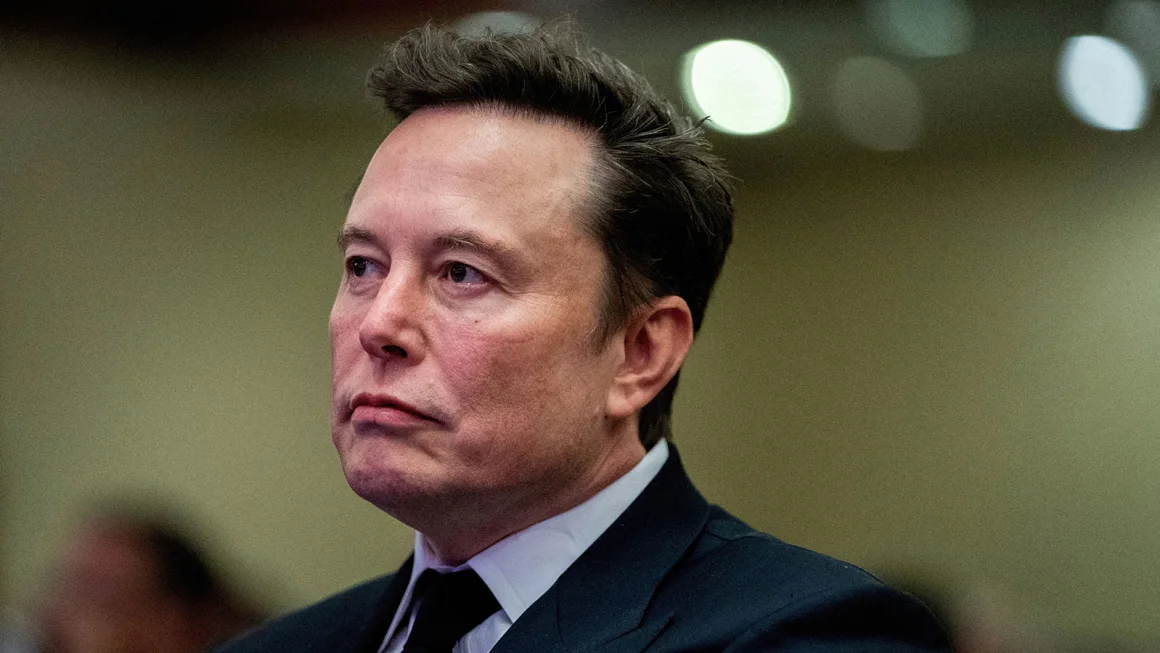
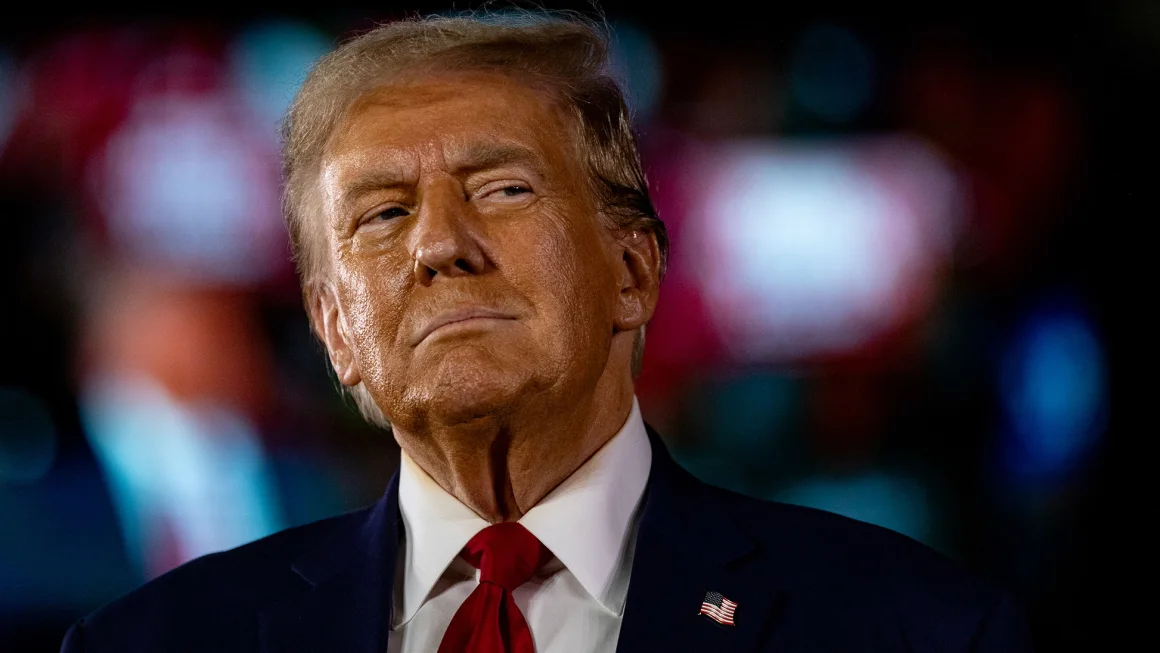
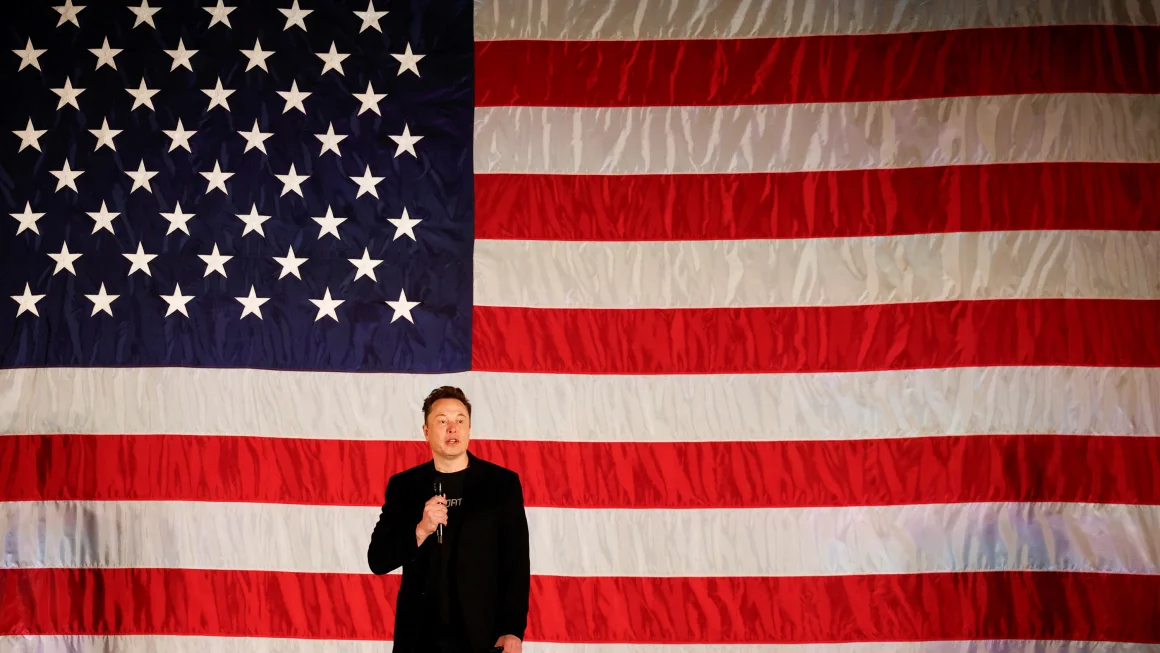
Elon Musk Faces Backlash Over Comments Targeting Government Employees
November 27, 2024
2 minutes read
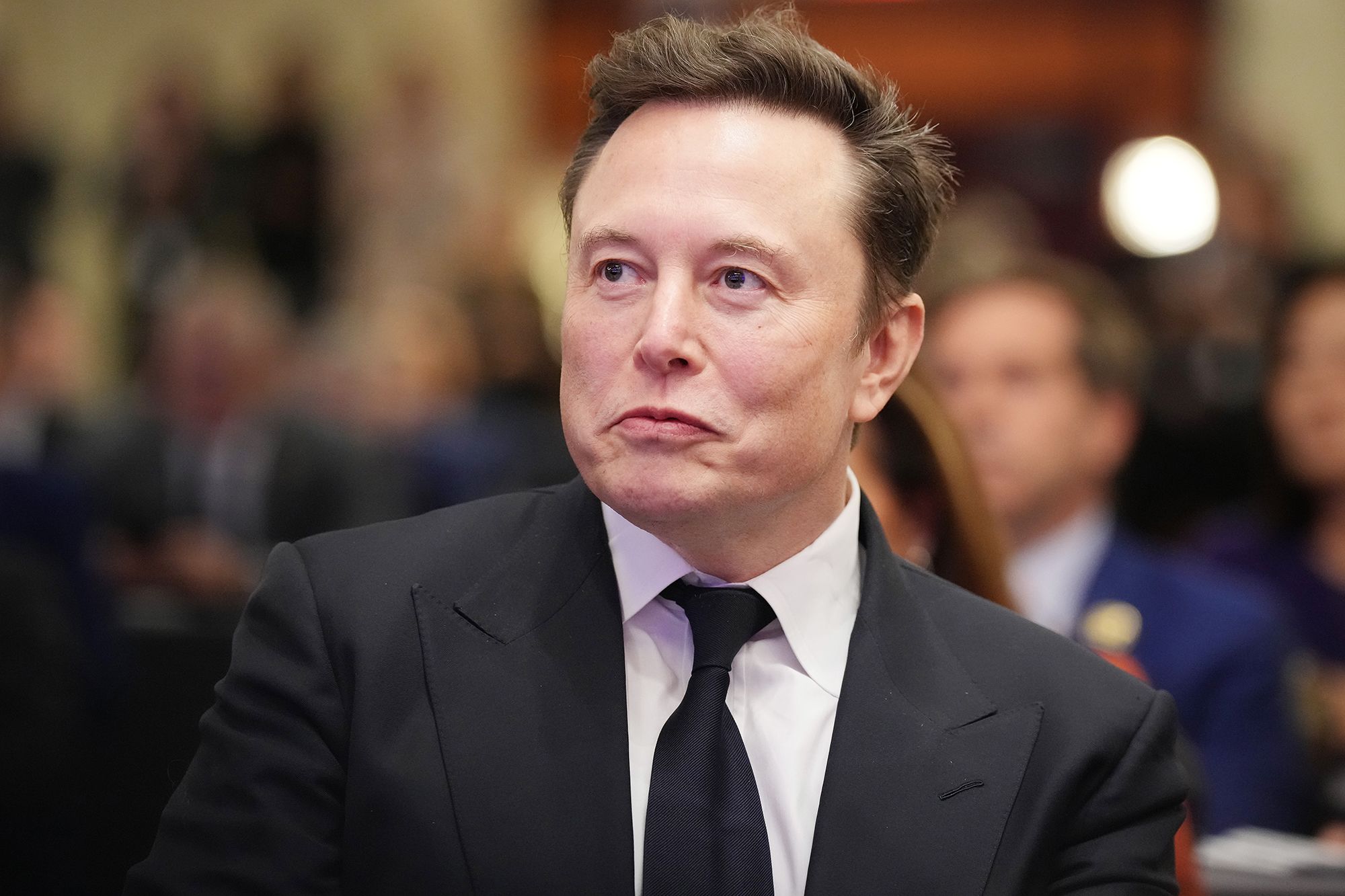

Major Cybersecurity Concerns Highlighted in Andrew Tate Hack and Undersea Cable Incident
November 25, 2024
2 minutes read
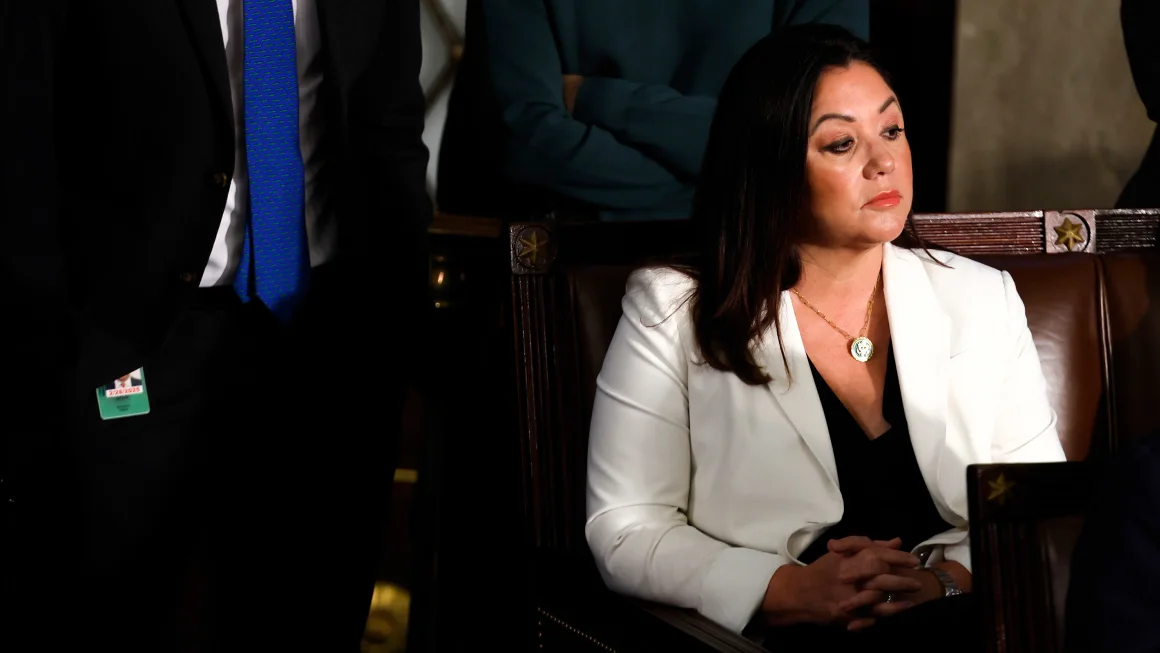

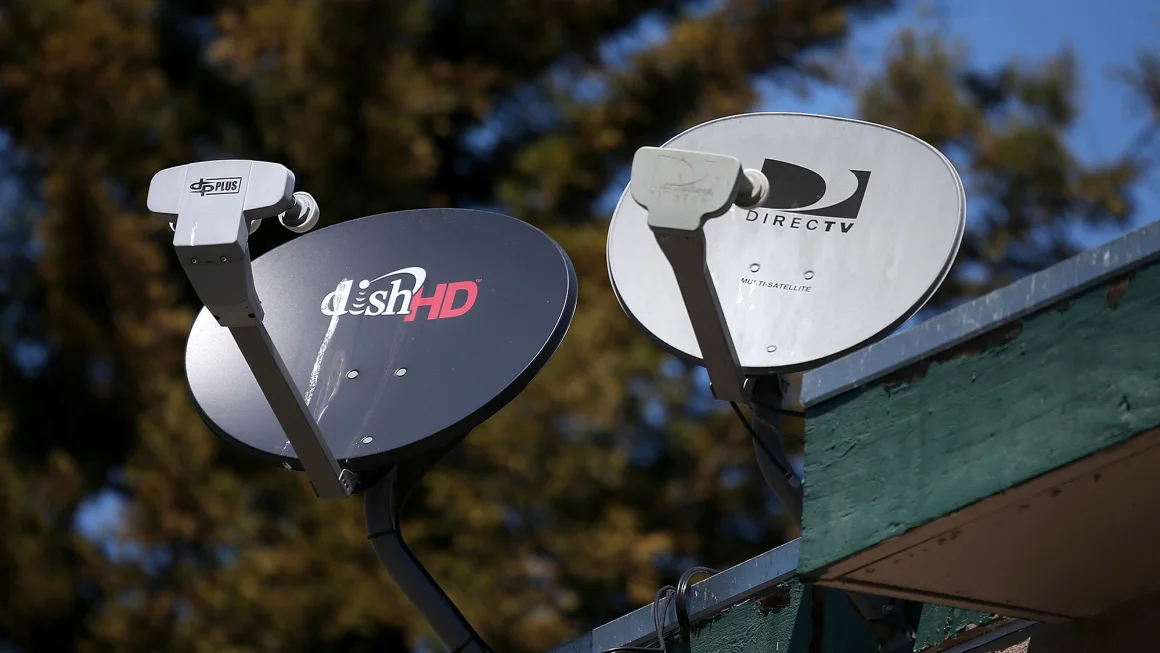
DirecTV and Dish Network Merger Cancelled Amid Regulatory and Financial Challenges
November 22, 2024
2 minutes read

Deportation Concerns Loom Over U.S. Labor Market Amid Worker Shortages
November 21, 2024
2 minutes read
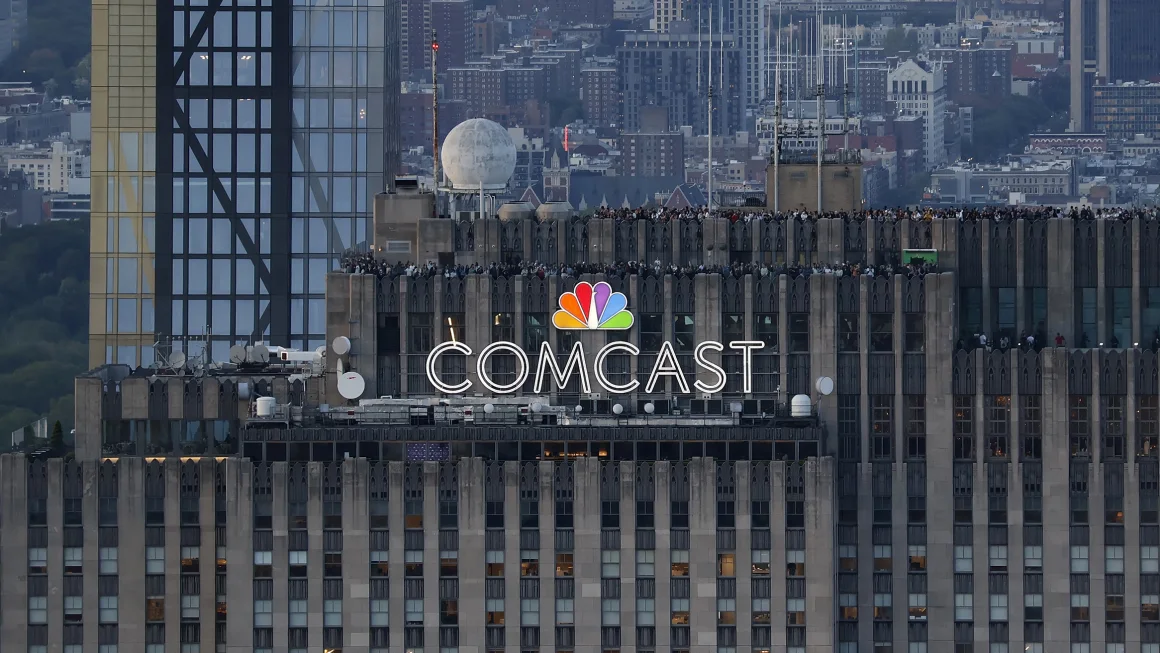
Comcast Explores Spinoff of NBCUniversal's Cable Division Amid Industry Changes
November 20, 2024
2 minutes read
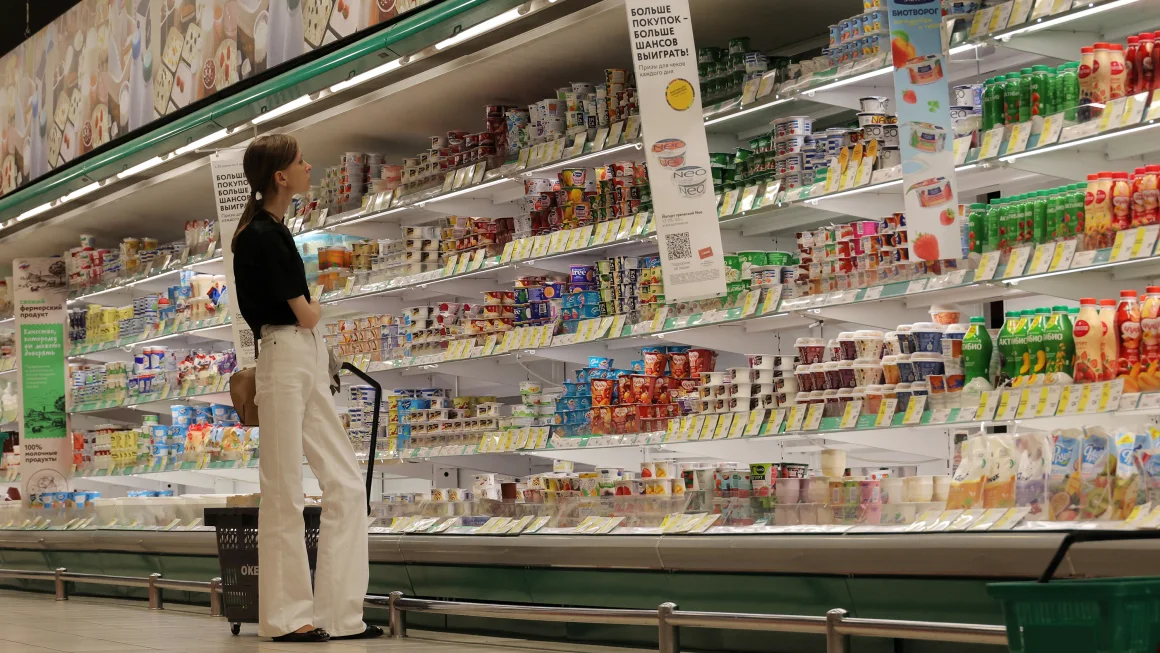

Economic Concerns Arise Over Trump’s Deportation Plan Amid Grocery Price Inflation
November 19, 2024
2 minutes read

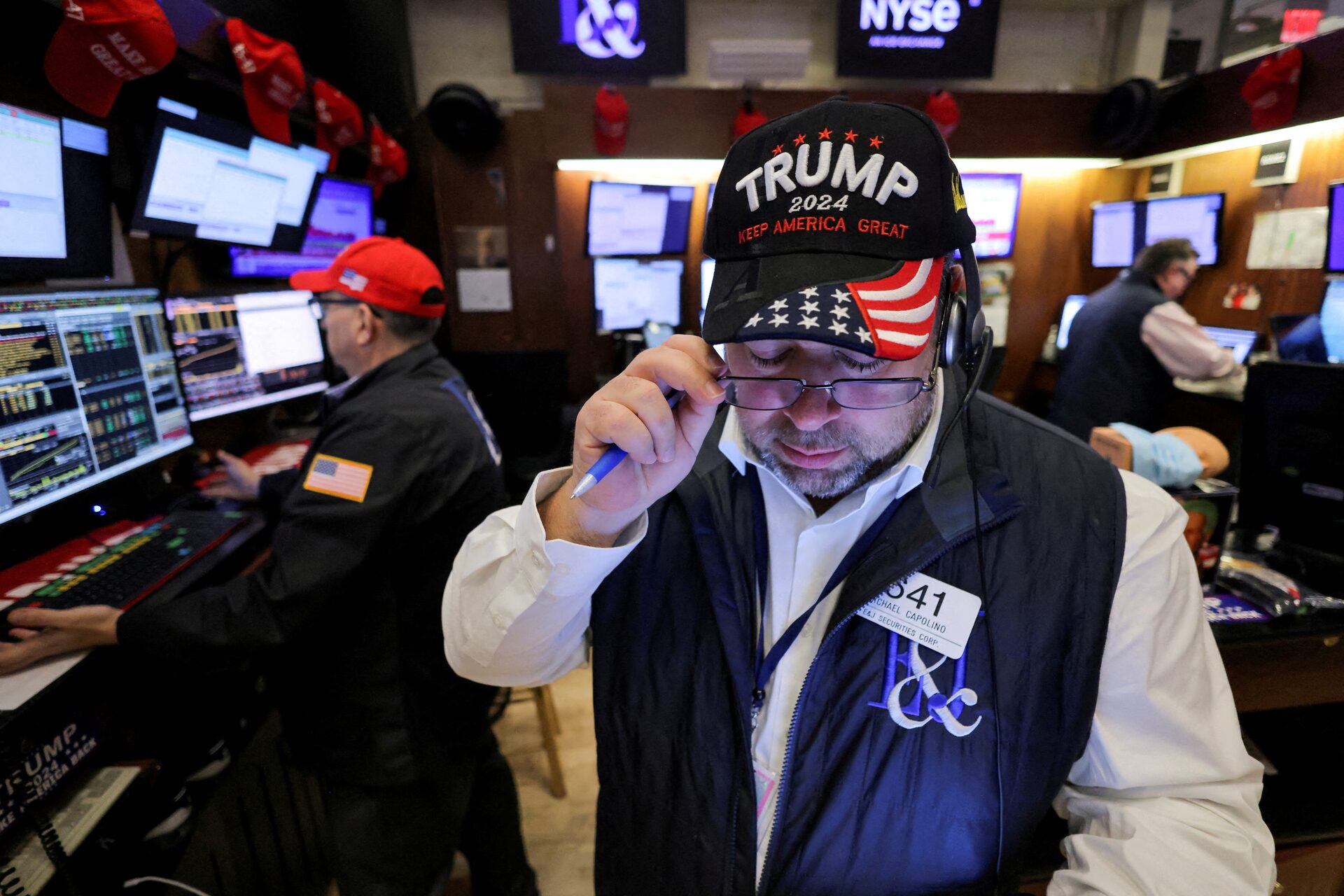
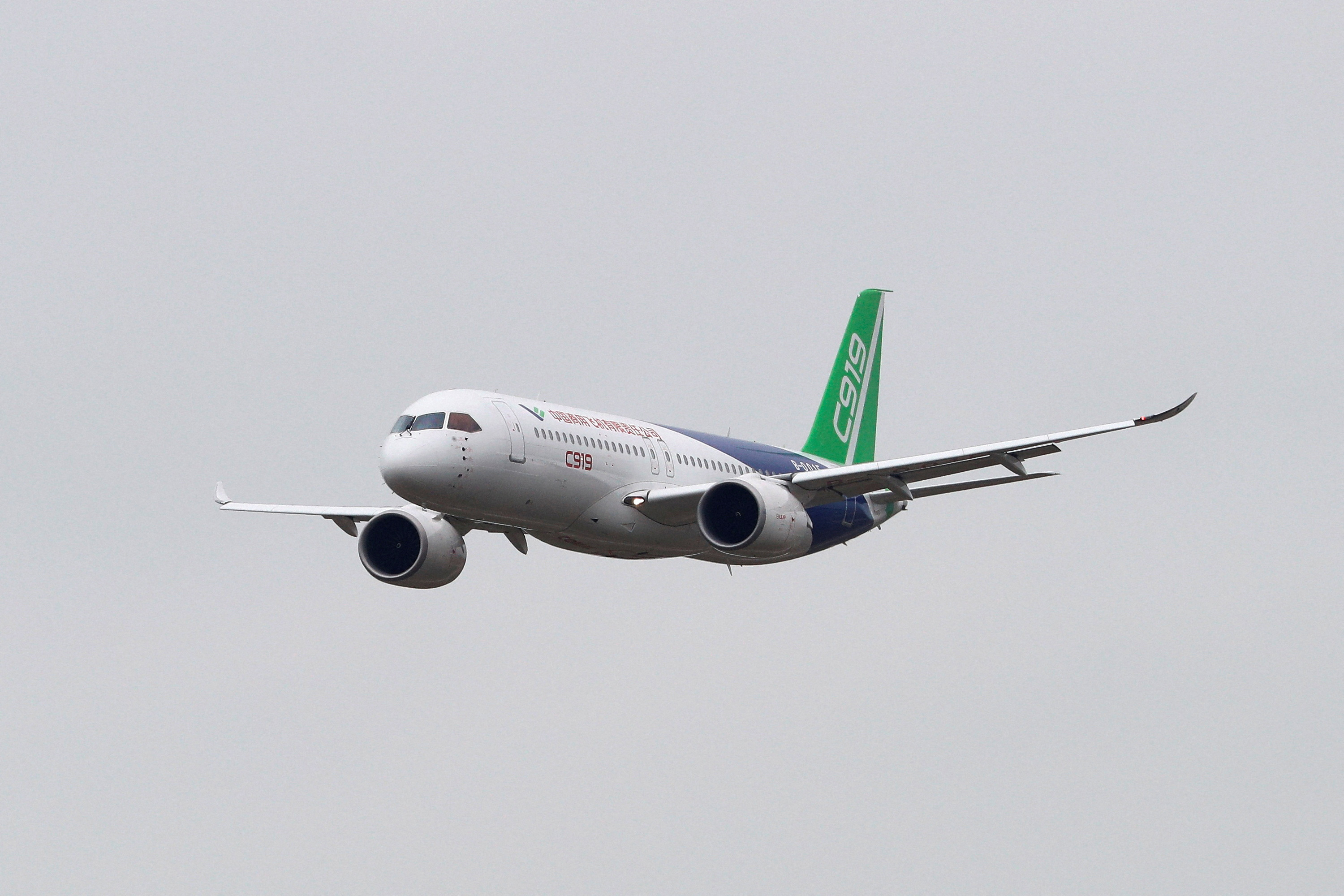
China Challenges Western Duopoly in Civil Aviation with C919 Aircraft Launch
November 17, 2024
2 minutes read

Disney’s Earnings Offer Hope for Streaming Amid Decline of Traditional TV
November 15, 2024
2 minutes read

Bluesky's User Base Doubles as Users Flee X Amid Trump Influence and Content Shifts
November 14, 2024
2 minutes read


Ringgit Opens Slightly Higher Against US Dollar Ahead of Key Inflation Data
November 13, 2024
2 minutes read

7-Eleven Owner Considers Historic $58 Billion Buyout to Go Private in Japan
November 13, 2024
2 minutes read
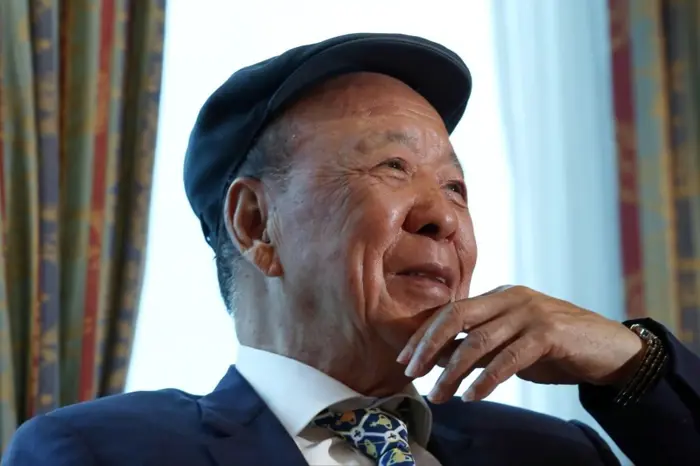
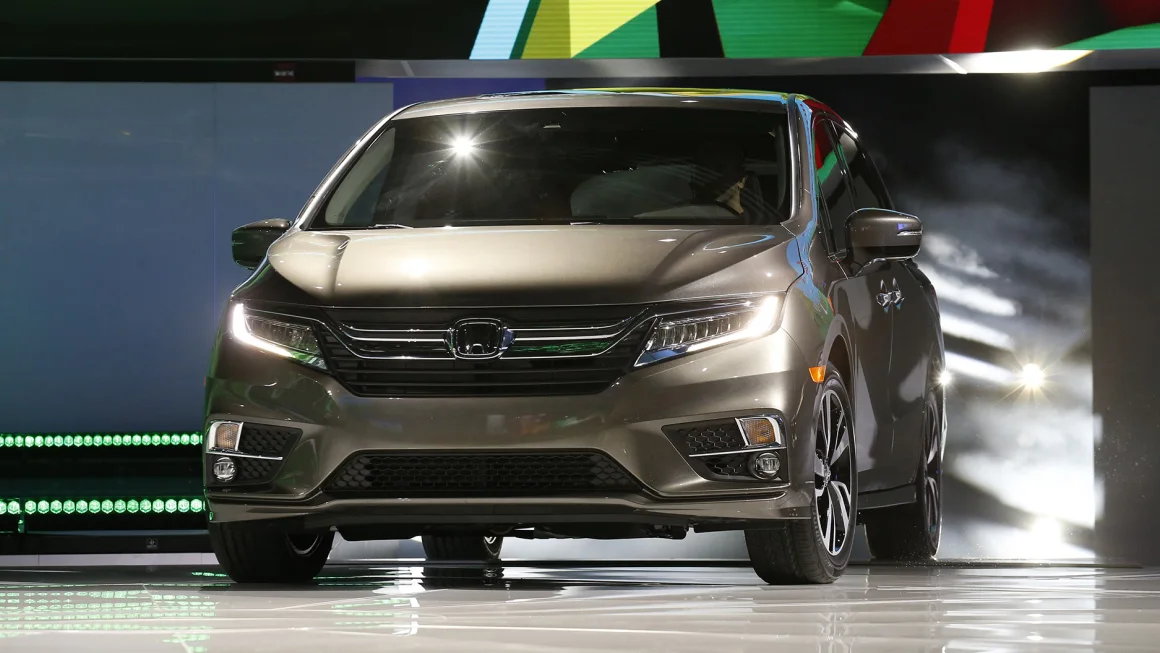
U.S. Regulators Investigate Engine Failures in 1.4 Million Honda Vehicles
November 12, 2024
1 minutes read
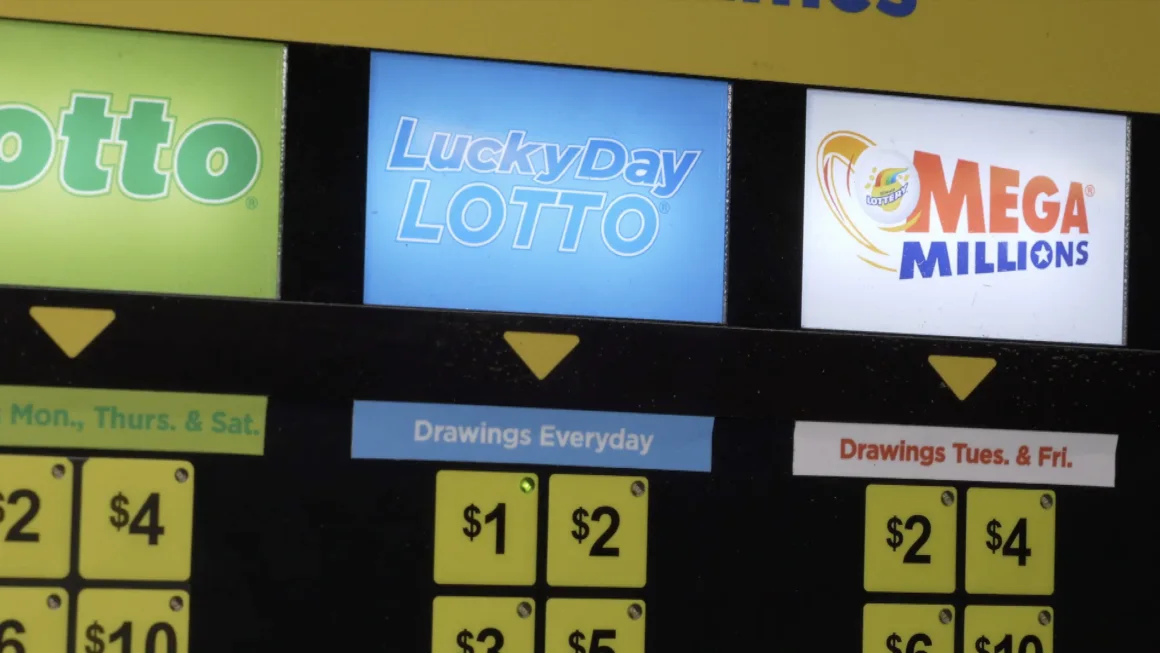
Woman Discovers Forgotten Lottery Ticket in Her Purse, Wins $1 Million
November 11, 2024
2 minutes read

How ReelShort CEO Joey Jia Used a Chinese Trend to Disrupt the U.S. Entertainment Industry
November 11, 2024
8 minutes read